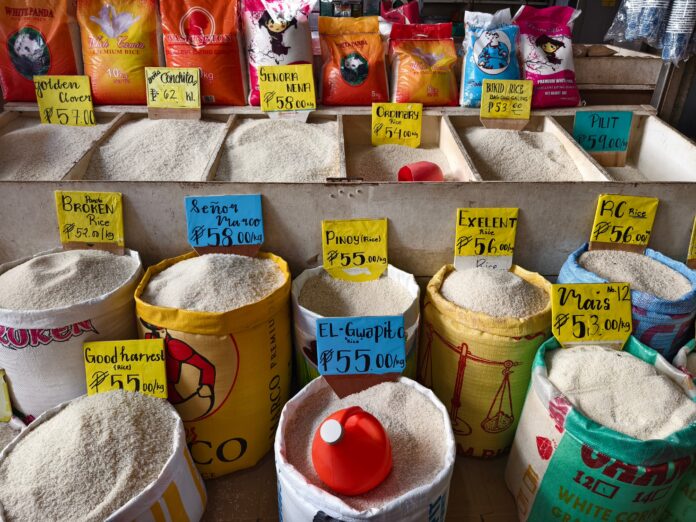The Department of Agriculture (DA) declared a food security emergency on Monday will allow the National Food Authority (NFA) to release buffer stocks for public sale. The declaration, signed by DA Secretary Francisco Tiu Laurel Jr., comes in the wake of persistent price increases that have not aligned with global market trends or previous tariff reductions.
Secretary Laurel pointed to the extraordinary rise in local rice prices, despite a global price drop and the reduction of rice tariffs from 35 percent to 15 percent in July 2023. The decision follows recommendations from the National Price Coordinating Council (NPCC), which highlighted the staggering 17.9 percent rice inflation in September 2023—well above the government’s target of 4 percent.
With approximately 300,000 metric tons of rice in its buffer stock, the NFA is now authorized to release portions of it to stabilize the market. This aims to ensure that rice, a staple food for millions of Filipinos, remains accessible and affordable. The government plans to release up to half of the current stock over the next six months, with the option to increase that volume if necessary.
However, the Federation of Free Farmers (FFF) raised concerns about the management of the NFA’s rice inventory. FFF president Diosocoro Granada warned that the sale of aging rice could lead to financial losses and potential corruption, while possibly undermining efforts to support local farmers.
The food security emergency will remain in effect until the situation improves, with regular reviews scheduled to assess its impact. The government’s action underscores the importance of rice as a crucial part of the country’s nutritional security and its broader economic stability.
As of last weekend, rice prices in public markets remained high, with local well-milled rice ranging from P40 to P55 per kilogram, further highlighting the urgency of the government’s intervention.







